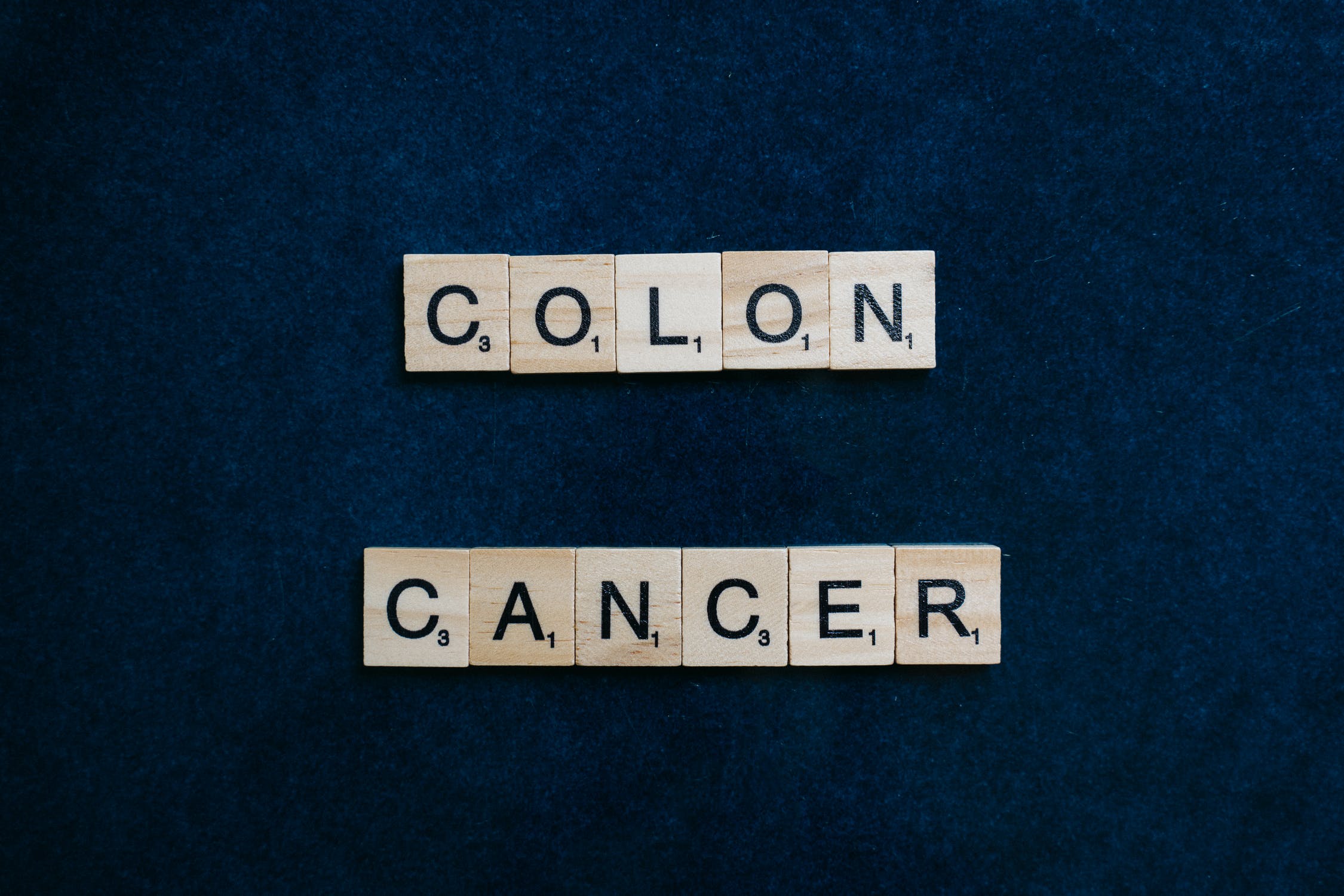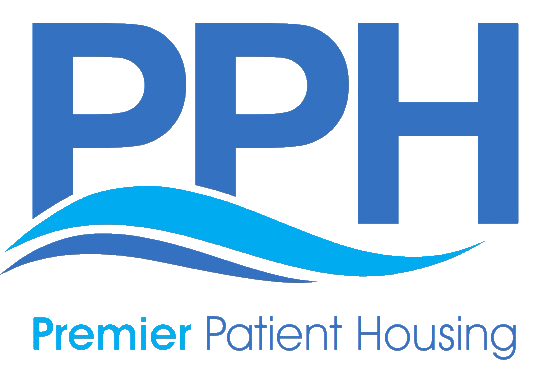Colon Cancer Awareness Month

March is Colon Cancer Awareness Month and Premier Patient Housing is here to bring you and your loved ones valuable information about colon cancer. Below are helpful resources to aid in detection, treatment and prevention.
Symptoms of Colon Cancer
According to the Colorectal Cancer Alliance, it’s best to start screening for colon cancer starting at age 45 as colon cancer does not always cause systems, especially at first. People at higher risk may need to get checked earlier, according to their risk factors and family history.
Symptoms can include the following:
Changing bowel habits
Changing bowel habits may include intermittent or constant diarrhea and/or constipation, a change in the consistency of your stool, or stools that are more narrow than usual.
Persistent abdominal discomfort
Abdominal discomfort may present as cramps, gas, or pain. You may also feel full, bloated, or like your bowel is not completely empty. Nausea and vomiting can also be a symptoms.
Rectal bleeding
Blood in or on your stool is a symptom of rectal cancer and colon cancer. The blood can be bright red, or the stool may be black and tarry or brick red.
Weakness and/or fatigue
Weakness and/or fatigue may be a sign of colon cancer. Weakness and/or fatigue may be accompanied by anemia or a low red blood cell count.
Unexplained weight loss
A loss of weight for no known reason should always be investigated. Nausea and/or vomiting are also possible symptoms.
Treatment Options
No two courses of treatment for colon cancer are the same as it depends on the exact location of the cancer and how early it was found. According to John Hopkins, treatment can include endoscopic, surgery and chemotherapy options.
Endoscopic Treatment
Often, polyps are safely removed during a colonoscopy. In general, patients with small polyps do not have an increased risk of developing colon cancer and should follow regular screening guidelines. For patients with larger polyps or with more than three polyps, follow-up colonoscopies should be performed more frequently.
Surgery Treatment
The treatment of choice for colon cancer is surgical resection, which involves removing the cancer through surgery. Surgery is performed to remove the cancer completely and reconstruct the bowel, if possible, so your postoperative bowel function is normal or near normal.
Chemotherapy Treatment
Chemotherapy can be used at various stages of colon cancer treatment. Sometimes, chemotherapy is given prior to surgery to shrink a tumor and reduce the extent of surgery. This is called neoadjuvant therapy. In more advanced cancers, you may need a course of chemotherapy following your surgery. This type of chemotherapy is generally administered on an outpatient basis.
Prevention
Although not completely preventable, there are steps you can take to lower your chances of getting colon cancer. Living a healthy lifestyle, getting screened regularly and knowing your family history lower your chances.
Healthy Lifestyle
Diets high in vegetables, fruits and other plant foods reduce risk for many diseases, including colon cancer. In addition to a healthy diet, 30 to 60 minutes of moderate to vigorous physical activity per day is needed to protect against colorectal cancer. Exercise also helps you to maintain a healthy body weight, which reduces your risk.
Getting Screened
The American Cancer Society recently recommended that adults without a family history should begin colon cancer screening at age 45. If you do have a family history of colon cancer, you should begin screening before age 45.
Family History
Family history plays an important role in determining your cancer risk. About 1 in 4 colorectal cancer patients have a family history of colorectal cancer. If family history increases your risk, your doctor will recommend earlier and more frequent screening. People with a family history of cancer should get screened at age 40 or 10 years before the youngest case in your immediate family, whichever is earlier.
Premier Patient Housing hopes that these resources in detection, treatment and prevention help you and your loved ones. If you or someone you love is experiencing any of the symptoms listed above, reach out to your health care provider immediately.


